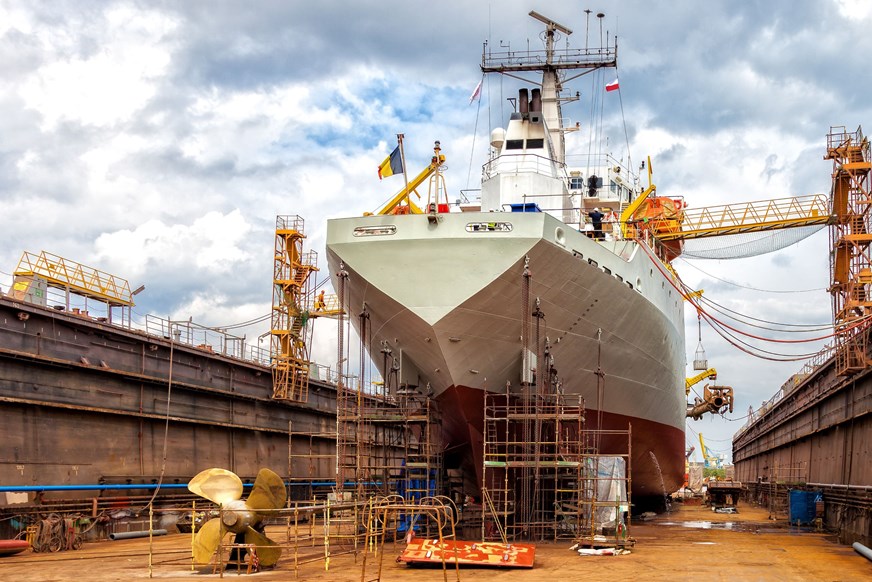
Search our articles
The US focuses in on the Chinese shipbuilding sector

Key Insights:
- What is happening: The DoD released an updated list identifying entities with ties to the Chinese military operating in the US on January 7th. The list includes prominent Chinese shipbuilding, shipping, and logistics companies. Meanwhile, an investigation by the US Trade Representative of non-competitive behavior in Chinese shipbuilding is scheduled to reach a conclusion soon.
- Why it matters: No specific remedies go along with inclusion on this list and that the main point is to discourage corporate engagement, particularly on matters of technology. If there is a positive finding in the USTR investigation, however, a wide variety of potential trade remedies would be available with varying degrees of corporate impacts.
- What happens next: The USTR may provide findings as soon as this week, leaving the incoming Trump administration with both a potential tool for increasing pressure on China as well as a source of pressure for action in the shipping sector. Interest from government agencies, Congress, and important Trump constituencies may well prompt action if the USTR returns positive findings.
ANALYSIS
The DoD released an update to its List of Chinese Military Companies operating in the US on January 7th.
While the DoD’s inclusion of shipping, shipbuilding, and logistics companies does not have immediate impacts on corporations using these services, it is intended to discourage companies from cooperating with listed firms. Indirectly, this could impact rates as corporations seek to limit exposure to listed companies. Taking a broader view, however, US congressional and executive actions in the shipping, port infrastructure, and cybersecurity realm have been building for some time.
RECENT US FOCUS ON SHIPBUILDING
|
Action |
Actor |
Description |
|
Section 301 shipping investigation |
USTR |
Investigation of China’s potential targeting of the shipbuilding, shipping, and logistics industries for dominance |
|
Chinese military ties list |
DoD |
Identification of shipping, logistics, and shipbuilding firms as having ties with the Chinese miliatry |
|
Shipbuilding support |
Congress |
Provide funding and other incentives for the sector |
|
Port ban for DoD |
Congress |
Ban on the DoD from using any seaport using the Chinese LOGINK platform |
|
Ship-to-shore cranes tariffs |
USTR |
25% tariff on ship-to-shore cranes |
The next administration will have discretion in how to proceed with these lines of effort on shipbuilding.
Most immediately, the USTR is believed to be focusing its Section 301 investigating the degree to which China is seeking to dominate the industry through subsidization and overcapacity. Such investigations generally must be concluded in 12 months, indicating a deadline in April 2025, but findings may be released as soon as this week.
A wide variety of trade remedies would be available to the USTR, including duties and the removal of licenses and permits for providing services and access to the US market.
The addition of Chinese companies to the DoD managed list as well as the USTR probe fit well with the incoming administration’s interest in greater economic self-sufficiency or economic nationalism, particularly in industries with national security implications. Trump has indicated a particular concern with shipping and shipping lanes with his recent focus on the the Panama Canal.
Nonetheless, despite considerable momentum and political support from key Trump constituencies, the administration will have significant discretion on whether and how to pursue remedies. Considerations include how these findings can be used to support the broader goals of the Trump administration as well as potential economic impacts. Potential impacts of a direct actions to reduce US and US-linked company use of these shipping and logistics services will face limitations simply due to the scale of Chinese shipping, the possibility of retaliation, and the resulting impacts on the US economy. This does not rule out action from the Biden or Trump administrations, however, as national security concerns are high.
Topics: North America, China, Industrial, Trade, National Security, Maritime

Written by Onyx Strategic Insights

